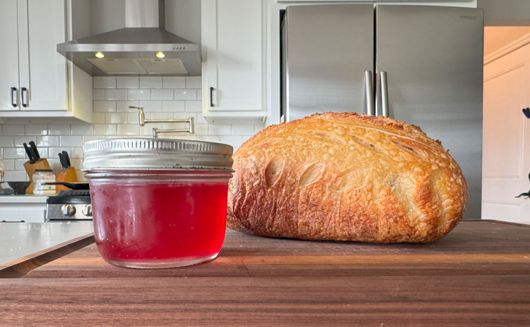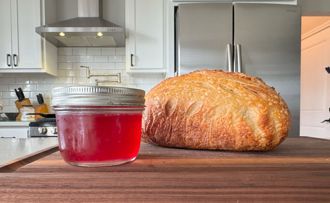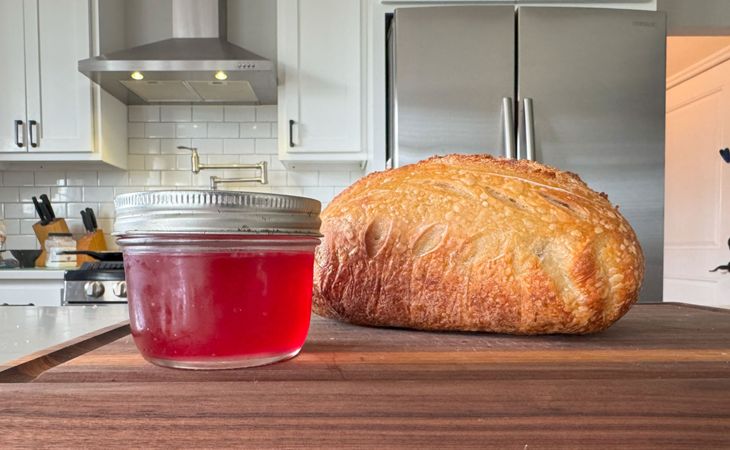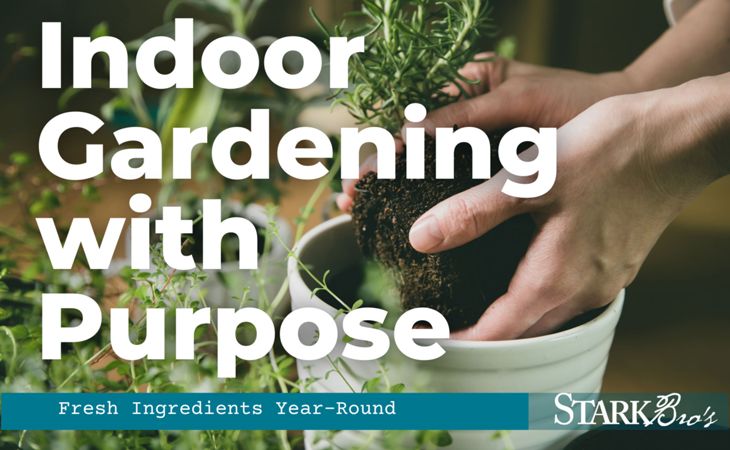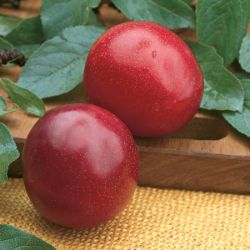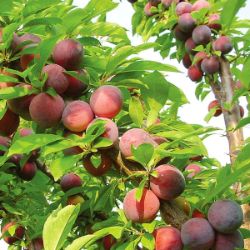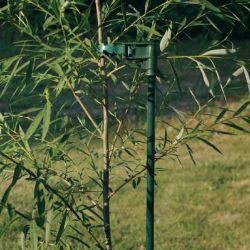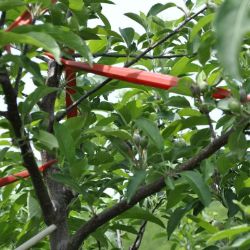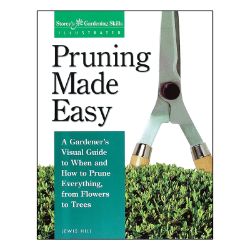Watering Plum Trees
Unless you’re in an area where irrigation is usually needed for normal plant growth, you probably won’t need to water after the first growing year. Until then, follow these guidelines to get your new trees off to a great start.
NOTE: This is part 10 in a series of 11 articles. For a complete background on how to grow plum trees, we recommend starting from the beginning.
General Guidelines
- If summer brings about an inch of rainfall every 10 days or so, you won’t need to use the hose. But if it gets really dry, you can give your new tree a good, thorough soaking. The best way to do this is to let your garden hose trickle slowly. This gives the water a chance to soak in instead of running off. You can also use a soaker hose to water several trees at once. Give your tree enough water to soak the ground all around the roots.
- It’s important to note that even if you’re in the midst of a brown-lawn drought, you don’t want to water too much. Once every 10 days or two weeks is plenty. Worse than dry, thirsty roots is waterlogged, drowning roots.
- Although a little depression in the soil aids summer watering, it’s important to bring the soil around the tree up to the level of the surrounding soil for the winter. If not filled in, water could freeze around the trunk and injure the tree.

